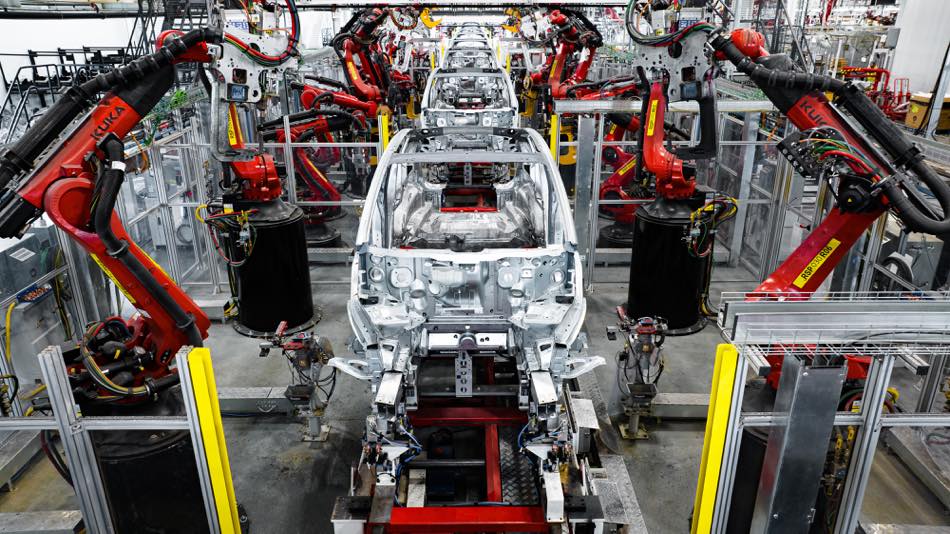In 2015, The Tesla Model S, the Nissan Leaf, and the BMW i4 were some of the top-selling electric vehicles. The average price of an electric vehicle back then was around $35,880. Fast forward to December 2021, and according to Cox Automotive, the average price of an EV was $64,822, while the average gas vehicle sold for $47,077. Why electric vehicles have, a higher upfront cost is threefold.
The High Cost of Electric Vehicle Batteries
The battery pack makes up the most expensive part of an electric vehicle. Battery packs are so expensive because they are made of rare metals like Lithium, cobalt, nickel, and manganese. According to David Stringer and Kyunghee Park of Bloomberg, the average price for one-kilowatt hour of battery capacity in 2021 was around $137. Battery prices are falling, and Bloomberg forecasts that one-kilowatt hour in 2030 will cost $58.
Electric Vehicles Are More Expensive to Manufacture
Gustavo Henrique Ruffo of InsideEVs reports that Electric vehicles cost 45% more to manufacturers versus internal combustion vehicles. Compared to internal combustion vehicles, electric vehicles cost more to manufacturers due to chassis, exterior body, and battery plus electrical and electronic costs. Norihiko Shirouzu, Paul Lienert, and Victoria Waldersee of Reuters report that Tesla has a new EV-making process they plan to use that will help drive down the manufacturing cost of electric vehicles. A move away from the widely used Just-in-time process that Toyota made famous. As manufacturing continues evolving, we will see efficiencies and lower manufacturing costs.
EV Parity Drives Competitive Pricing
With the introduction of the Model 3 and Model Y by Tesla, electric vehicles became more accessible to the mass market. Other established automakers such as Ford, General Motors, Mercedes Benz, and BMW have also committed to transitioning to electric vehicles and have released over a dozen new electric vehicle models in recent years. Moreover, electric vehicle makers like Rivian, Polestar, and Lucid have added more electric vehicle models, creating competition and parity within the electric vehicle marketplace. While most electric vehicle models are currently priced around $50K to $100K+, there has been more competition within this price range. However, there is minimal competition in other market segments, particularly the $25K or less price point.
As more EV models enter the market, we expect pricing to drop due to increased competition, manufacturing improvements, and lower battery costs. For more information on available electric vehicles, follow Electric Driver.
